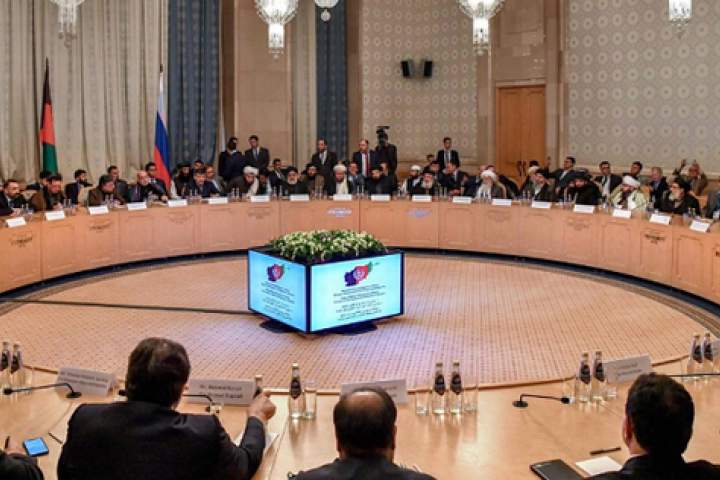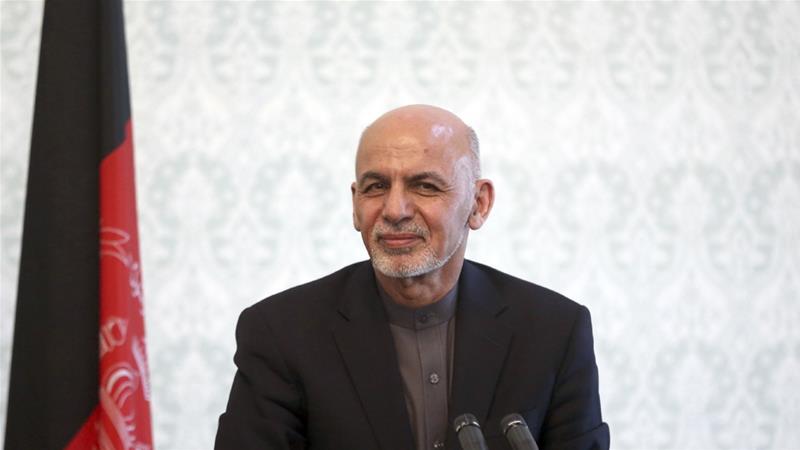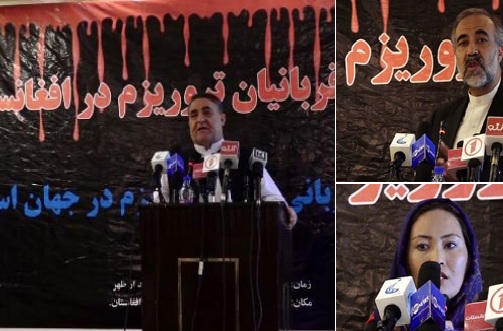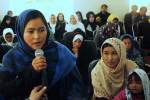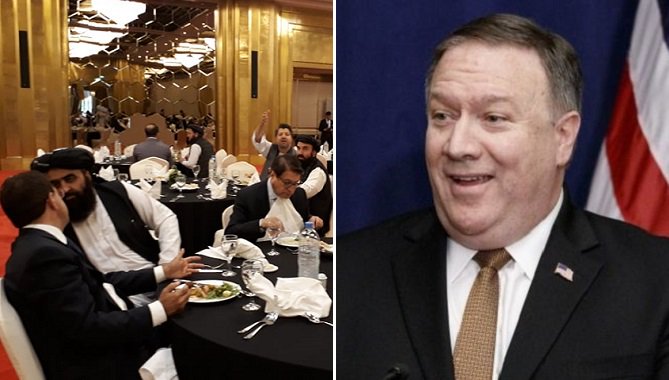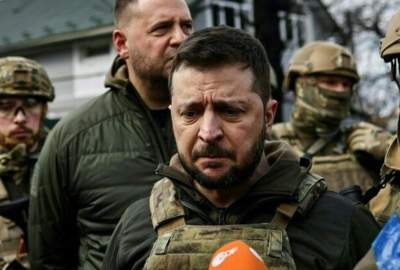Western envoys in Kabul in a statement on Thursday welcomed the formation of the High Council for National Reconciliation and called on Afghan parties involved in the peace process to ensure the inclusion of women, minorities and civil society institutions for "meaningful peace negotiation."
Publish dateThursday 4 June 2020 - 14:32
Story Code : 211398
The statement reads: "The embassies of Australian, Canada, the Kingdom of Denmark, the Federal Republic of Germany, the kingdom of Netherlands, the kingdom of Norway, Sweden and the United Kingdom and the delegation of the European Union welcome the information of the High Council for National Reconciliation and hope that this will quickly be followed by the announcement of the date for the commencement of the intra-Afghan negotiations. These are critical steps toward an Afghan-owned and Afghan-led peace. "
"It is now urgent that both the Islamic Republic of Afghanistan and the Taliban insist on the meaningful participation of women in these negotiations. History shows peace agreements are more durable and successful when women are fully integrated and engaged," the statement said.
"The Islamic Republic of Afghanistan and the Taliban must actively include women in all dimensions of the peace process; leadership councils, negotiating teams, consultative shuras, technical and advisory team. we urge both sides to redouble efforts to appoint a greater number of qualified women to these bodies," the statement read.
The Western envoys in the statement also stressed the importance of men as crucial advocates for gender equality and urged them to actively promote the involvement of the Afghan women in the peace process.
"The fundamental rights of Afghan women enshrined in the Afghan constitution must be preserved and strengthened as part of peace process. these include women's rights to work, education, freedom of movement and association and access to health care," the statement said.
The statement concludes: "The chance for a peaceful and prosperous future Afghanistan relies on recognizing the power and harnessing the unrealized potential of Afghan women."
This comes a week after recent meetings of prominent Afghan political leaders were held without the presence of women, which has sparked reactions from activists who said women should be given a role in decision-making about the future of the country.
Last week two meetings were held with US special envoy Zalmay Khalilzad--one with President Ashraf Ghani and another with Abdullah Abdullah, head of the High Council for National Reconciliation, and there were no women present.
In another meeting, Ghani and Abdullah met with a number of former mujahideen leaders and some prominent politicians. No women were present at these meetings either, which were held to discuss the next steps in the peace process, including a quick start of the intra-Afghan negotiations.
In response, women activists and former MPs took to social media, criticizing the government--President Ghani in particular--for this move.
“It means that only men’s views are important on national and political matters in the current situation of the country,” Shahrzad Akbar, the chairperson of Afghanistan Independent Human Rights Commission, wrote in a tweet.
In response, Presidential spokesman Sediq Sediqqi said women's empowerment is at the top of Ghani’s agenda.
“President Ghani’s key policy element on women's empowerment and political integration have not been symbolic, but a meaningful approach to elevate women and raise them up to higher levels of decision-making over the past five years. And this approach will remain firm in the future,” he said.
Abdullah Abdullah, head of the High Council for National Reconciliation, at a press conference in Kabul on Saturday said he remained hopeful about the current opportunity for peace, which he said has been provided due to the ceasefire.
“Our aim, and that of our colleagues at the High Council for National Reconciliation, is to not spare any efforts for lasting and dignified peace in Afghanistan,” Abdullah vowed, adding that today will be considered his first official day in office.
Abdullah said that during visits on Eid days with President Ghani and other elders, their main discussion was peace and how to use the current opportunity to begin intra-Afghan negotiations.
Abdullah said the negotiation team is a good team and is ready for talks with the Taliban.
The High Council of National Reconciliation was formed on May 17 after President Ashraf Ghani and his political rival Abdullah Abdullah signed a power-sharing deal after months of political discord that critics say could have pushed the country towards a new crisis if not resolved.
The political tension emerged as a consequence of the disputed presidential election of last year, the result of which was announced in February. As a result, the two leaders, Ghani and Abdullah, held inauguration ceremonies on the same day in their adjacent respective palaces. Ghani was declared president by the Independent Election Commission after earning a slightly higher percentage than his rival Abdullah.
On May 30, The Council of the European Union in a new statement reaffirmed its political commitment to Afghanistan for peace, security and self-reliance but stated that its continued political and financial support to Afghanistan is contingent on an Islamic emirate not being formed, the protections of gains of the last 19 years, the upholding of rights, the protection of the Republic, and a lasting ceasefire and immediate start of intra-Afghan negotiations, among other things.
"The EU expects that the political process leads to an Afghanistan that, as a signatory of the UN Charter, upholds and promotes the values, rights and principles enshrined therein, and does not constitute a threat to international peace and security. Without genuine commitment on effectively enhancing governance, strengthening institutions and combating corruption, EU support will be reconsidered," the statement said.
The statement reiterated the EU's support for a diplomatic solution to the Afghan conflict, stating that “a negotiated political settlement leading to peace must build on the democratic and human rights achievements of the past 19 years.”
The statement also called on all the Afghan actors, including traditional, ethnic and religious leaders as well as armed groups, most notably the Taliban, to seize the current historic opportunity for lasting peace and reconciliation.
In the statement, the EU Council asked the Afghan government to continue the course of inclusive and accountable governance, and ensure a meaningful participation of a diverse and inclusive negotiating team, composed of Afghan political and civil society leaders, including women, at the intra-Afghan Negotiations.
The statement has specifically urged the Taliban to demonstrate a genuine and overall spirit of peace to build trust and confidence allowing the prompt start of intra-Afghan negotiations.
“The EU supports without reservation UNSC Resolution 2513 of 10 March 2020, which neither recognizes nor supports the restoration of the Islamic Emirate of Afghanistan,” said the statement.
The Afghan women have persistently urged the international community to intervene and save the rights of Afghan women in the peace process.
avapress.com/vdcdnf0xjyt0fs6.em2y.html
Tags
Top hits
